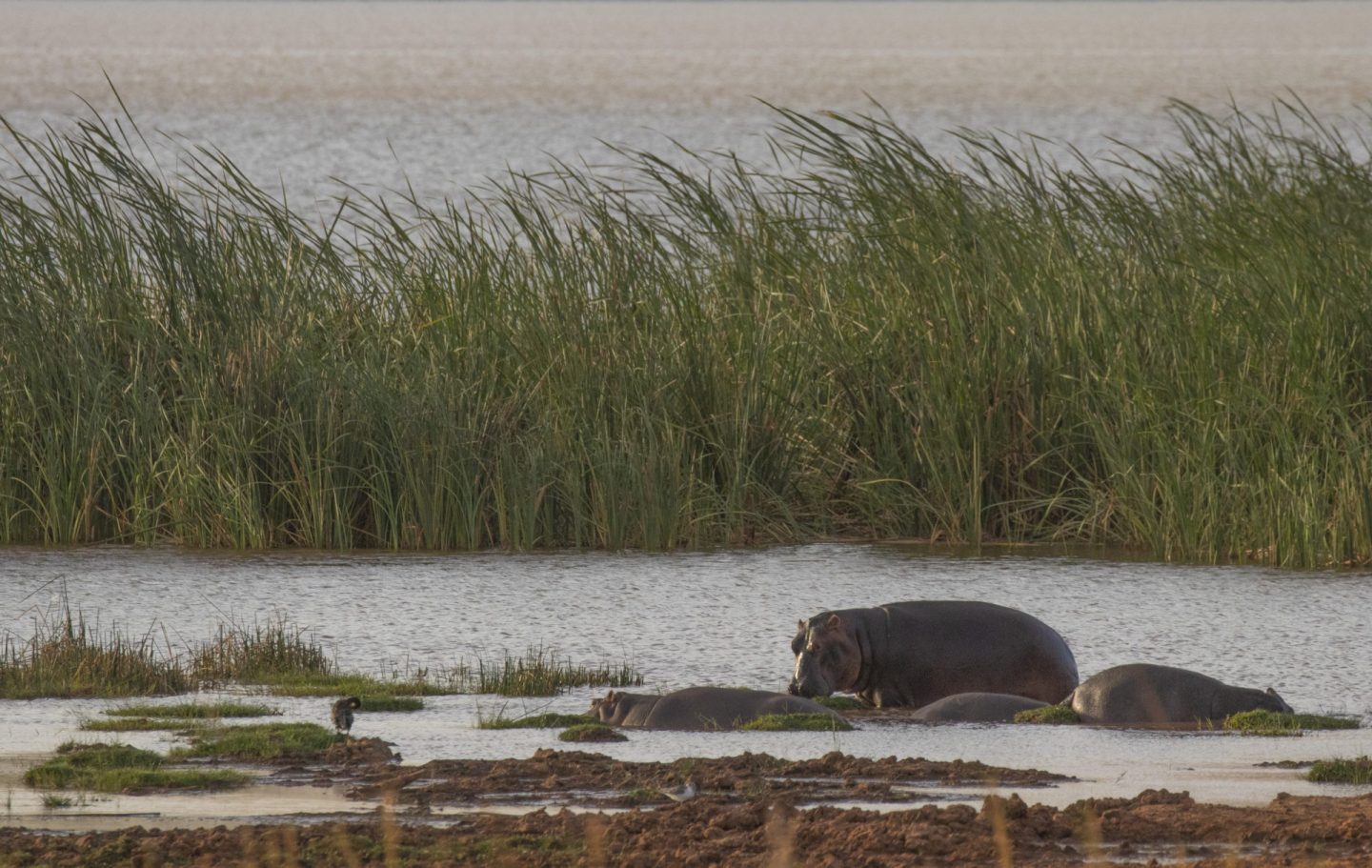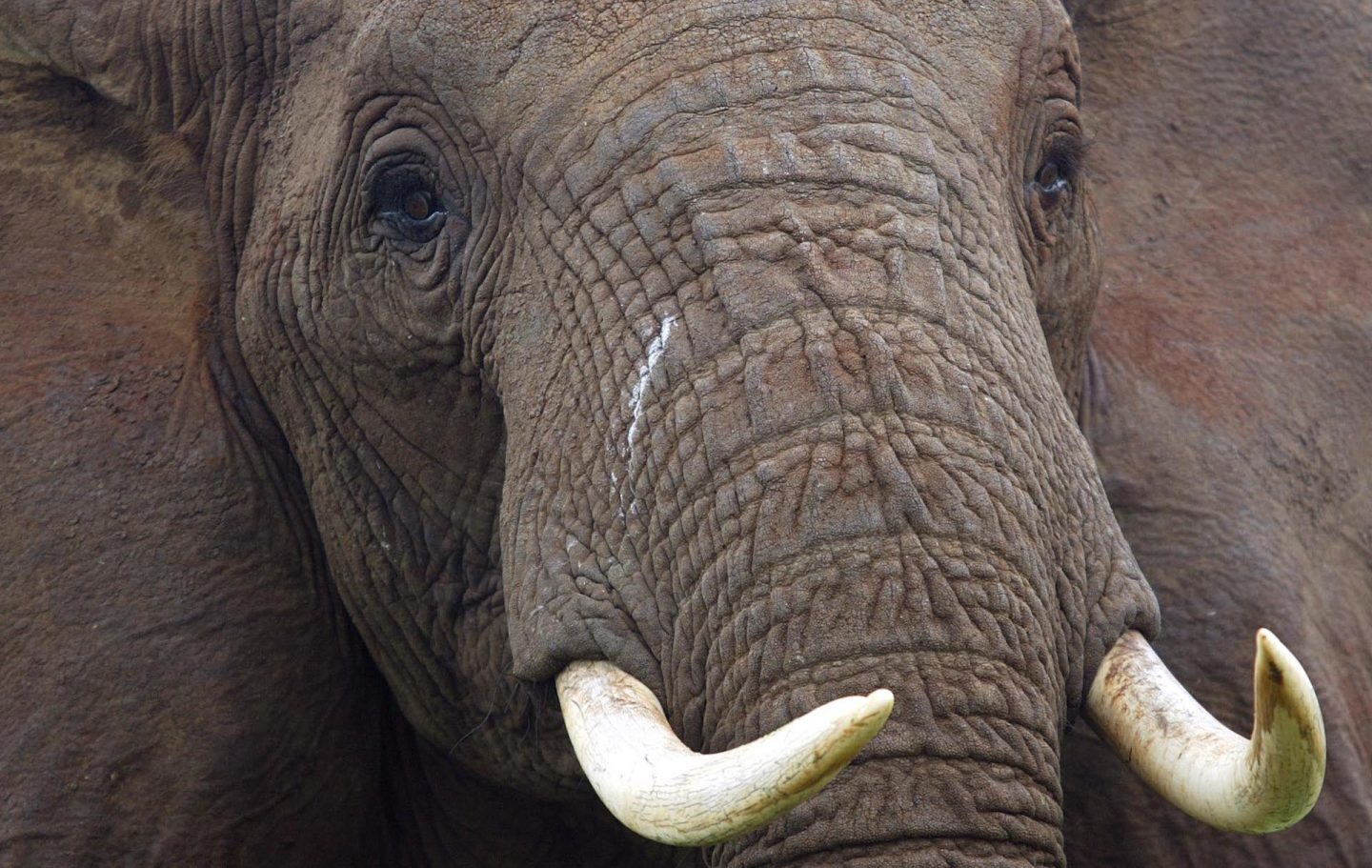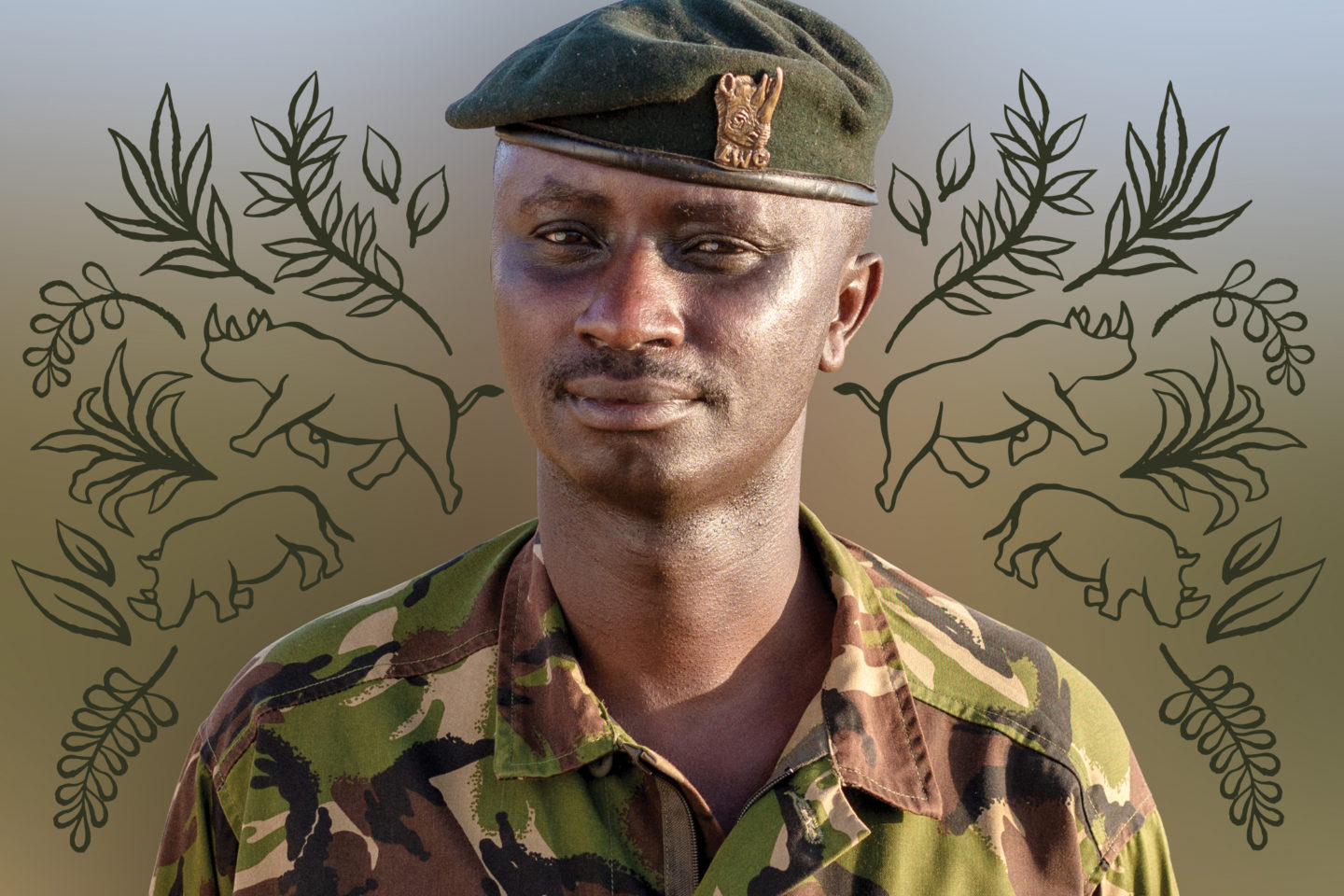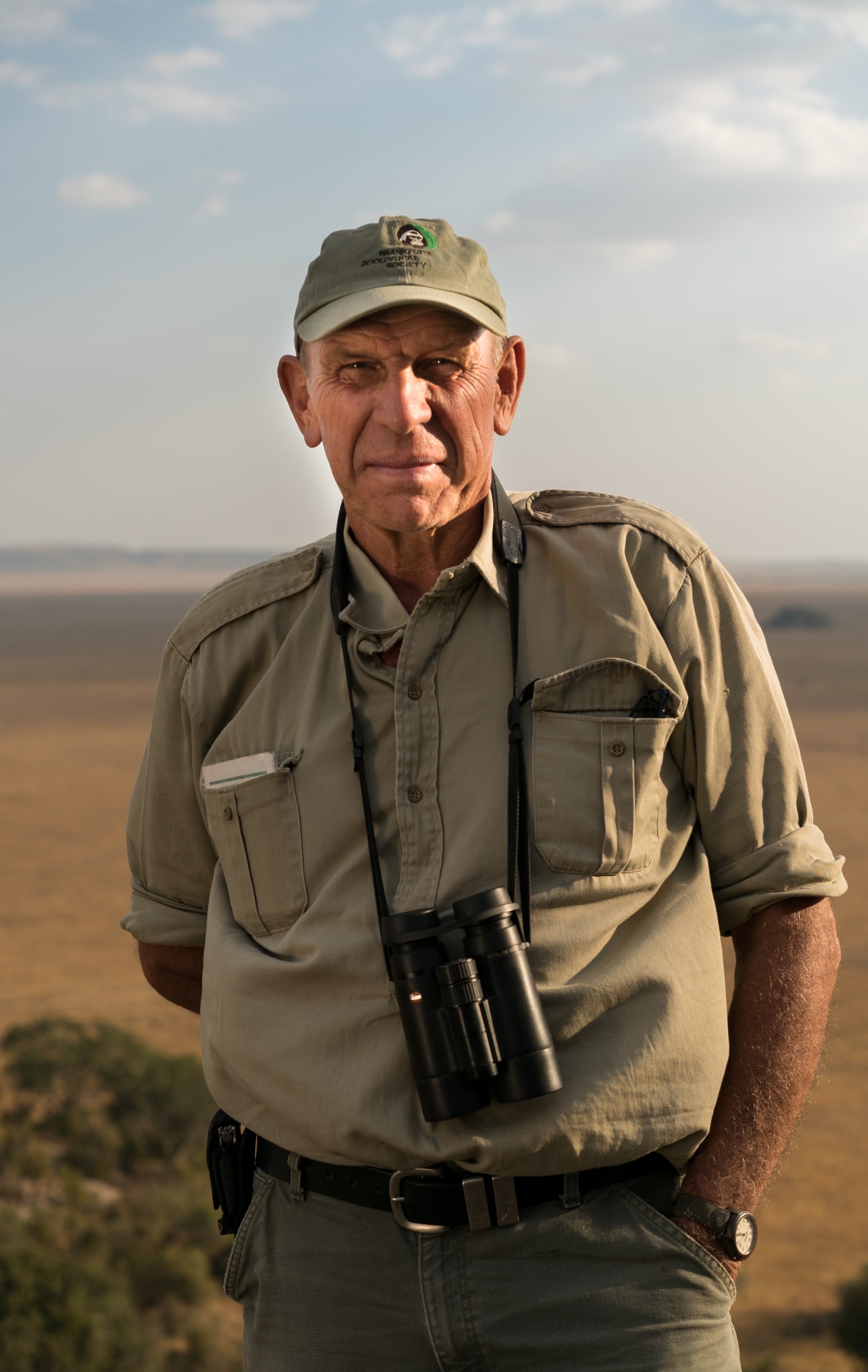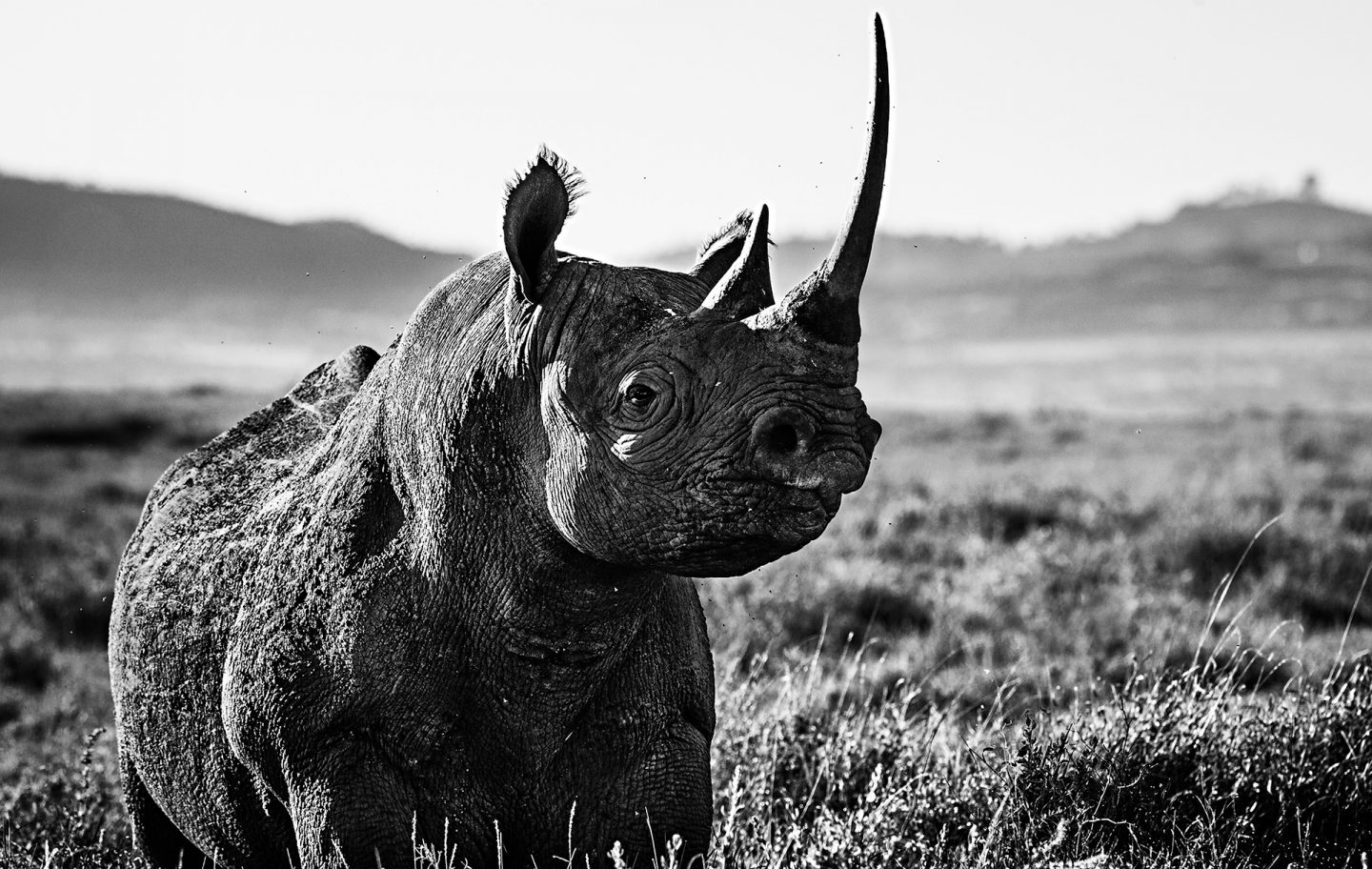
The illegal wildlife trade is one of the principle immediate threats to wildlife, particularly iconic African species such as rhino, elephant and lion, which are poached for their horns, tusks and teeth, claws and bones respectively. The African elephant population has fallen by over 30% in the past seven years, largely due to poaching.
The illegal wildlife trade is now the fourth largest criminal industry after drugs, arms and human trafficking. Worth as much as $20billion per year, the trade threatens international security, national sovereignties, impoverished rural communities, and countless species from pangolins to elephants.

